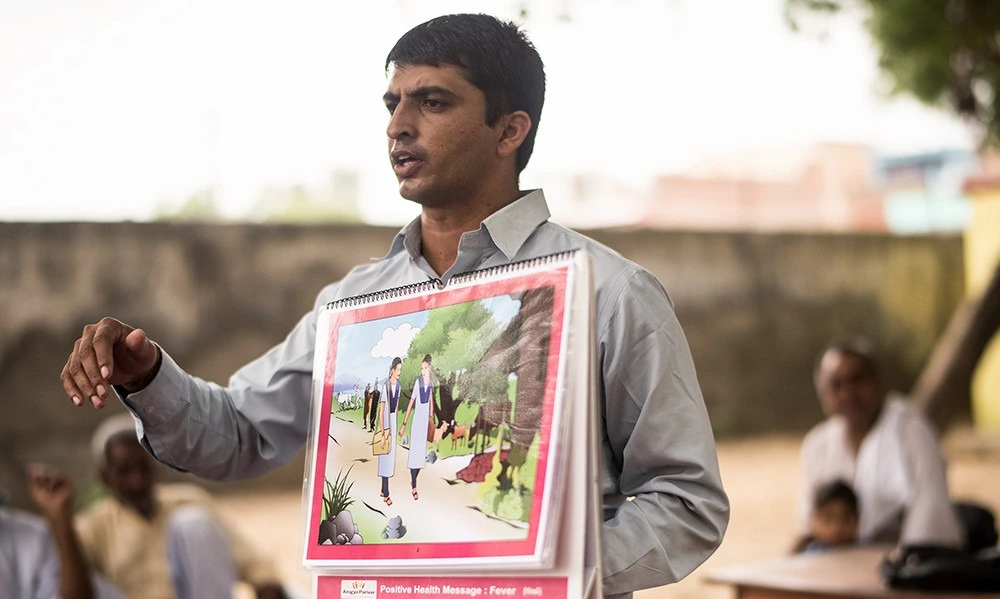Novartis launched Arogya Parivar, its first social business model, in 2007. Arogya Parivar, which means healthy family in Hindi, is an example of a “shared value” business model, an approach promoted by Michael Porter and Mark Kramer, professors at Harvard Business School in the US.
In the case of Arogya Parivar, the need—and the opportunity—is massive: The 70% of Indians who live in poor rural areas account for only 22% of the country’s health expenditures. Most of them make less than USD 5 per day. The health camps Arogya Parivar offers are free and include information on treatment as well as consultations with a doctor, who volunteers several hours of his time in a village in return for exposure to a wider pool of potential patients.
Meanwhile, a separate corporate arm of the program offers inexpensive products for common conditions such as malnutrition and diarrhea to doctors. By 2010, three years into the program, Novartis determined that Arogya Parivar was paying for itself by increasing demand for the company’s medicines in the areas it served; the number of doctor visits made by villagers in the locations where the camps were held had tripled.






